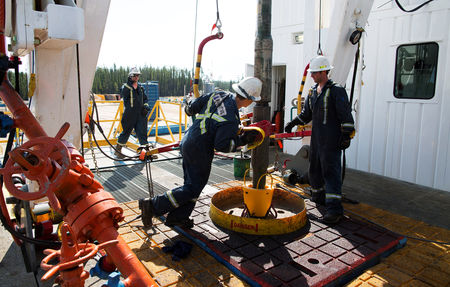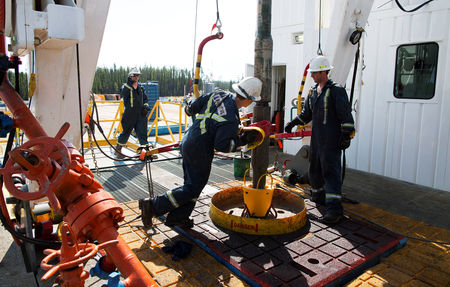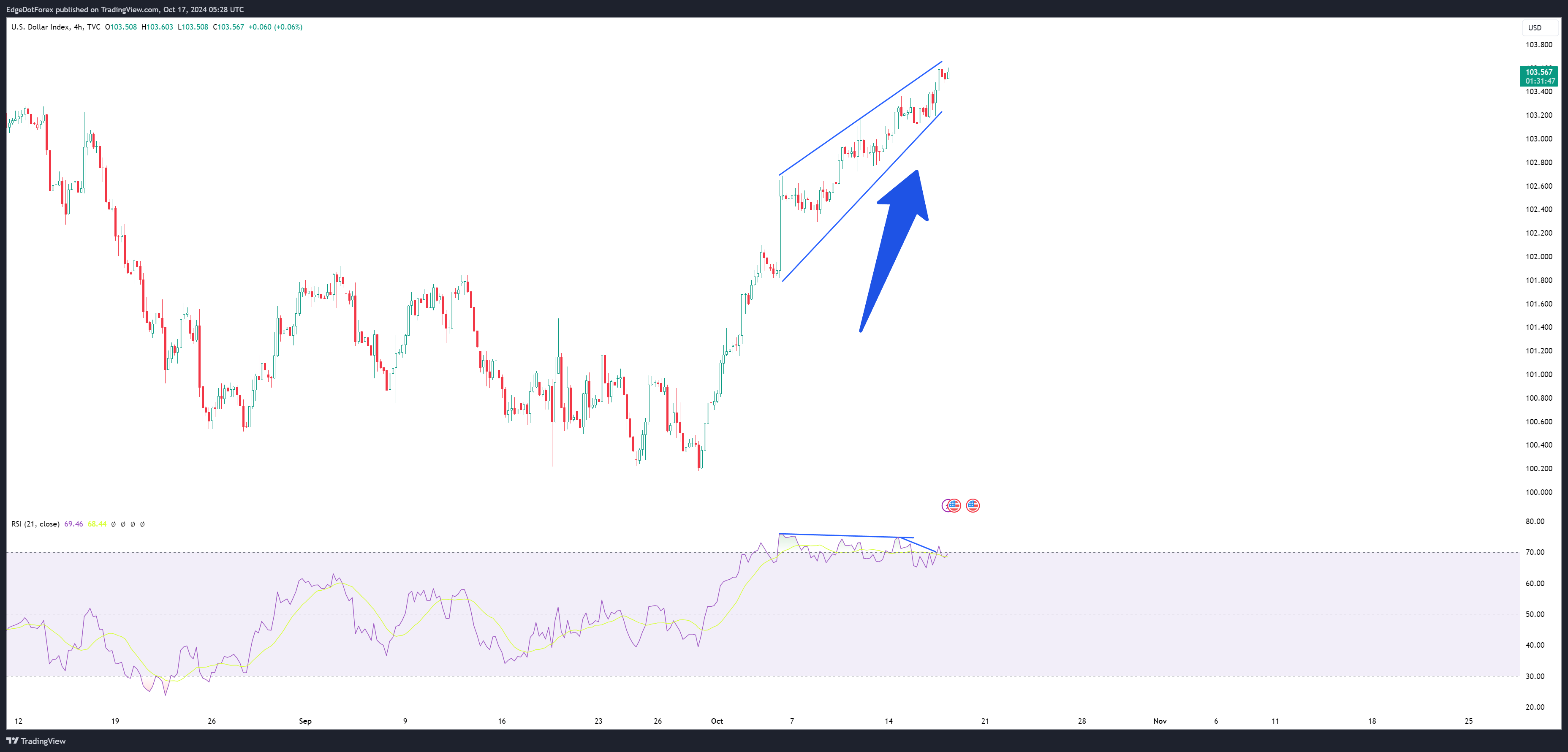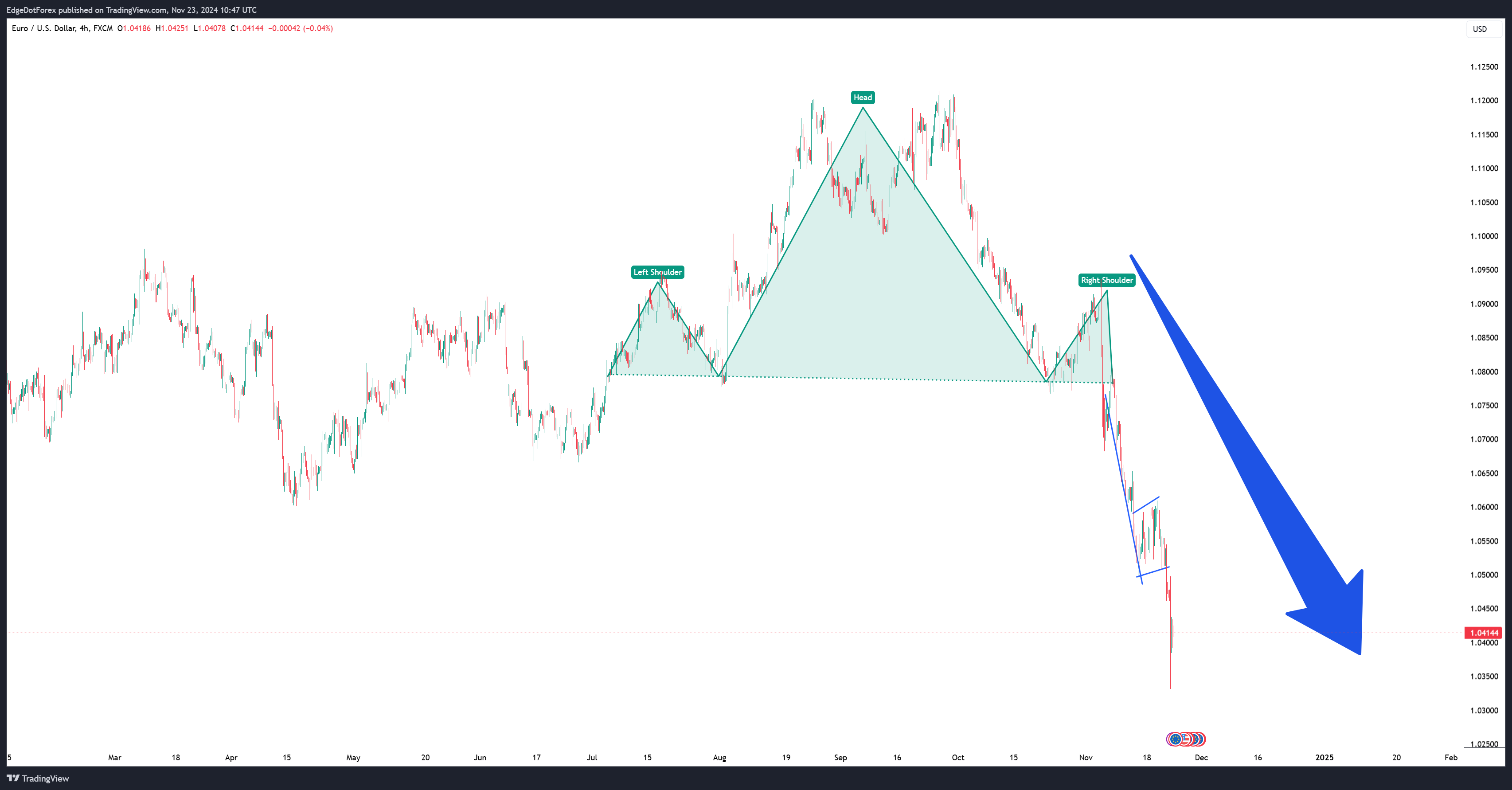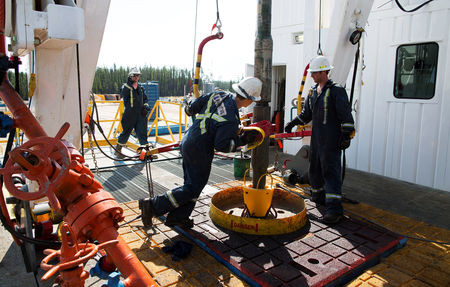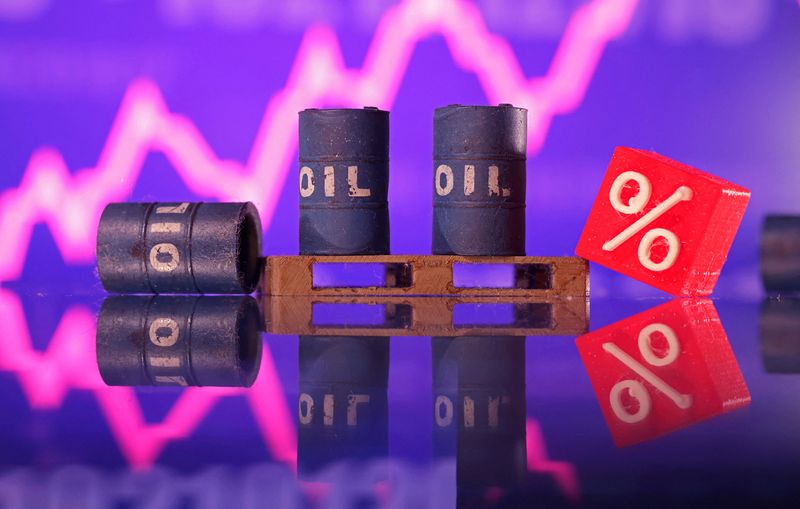
By Laila Kearney and Jeslyn Lerh
SINGAPORE (Reuters) – Oil prices fell on Wednesday as investors reassessed the ability of China’s stimulus plans to boost the economy enough to drive more fuel demand growth in the world’s largest crude importer.
Brent crude futures dropped 17 cents, or 0.2%, at $75 a barrel by 0415 GMT. U.S. West Texas Intermediate crude fell 24 cents, or 0.3%, at $71.32 per barrel.
Prices rose about 1.7% on Tuesday after China announced its most aggressive economic stimulus since the COVID-19 pandemic, with interest rate cuts and government funding.
Analysts, however, warned that more fiscal help was needed to boost confidence in the world’s second-largest economy and that eroded the initial impact on oil prices.
“The lack of a more concrete fiscal approach still instils some reservations over whether the economic boost can be sustained,” said Yeap Jun Rong, market strategist at IG.
Yeap said there is an overall lack of traction to the oil market, with trades lower than usual, which is likely also due to a drop in U.S. consumer confidence. It fell in September to its lowest on three years, with particular concern about the availability of jobs.
Still, declining U.S. crude oil and fuel stockpiles provided some support for the market, which has generally risen since prices fell to their lowest since 2021 on Sept. 10.
U.S. oil stockpiles dropped by 4.34 million barrels last week while gasoline inventories fell by 3.44 million barrels and distillate stocks fell by 1.12 million barrels, according to market sources citing American Petroleum Institute figures on Tuesday.
An intensifying conflict in the Middle East between Iran-backed Hezbollah in Lebanon and Israel also supported crude prices, with cross-border rockets launched by both sides increasing fears of a broadening war in the key producing region.
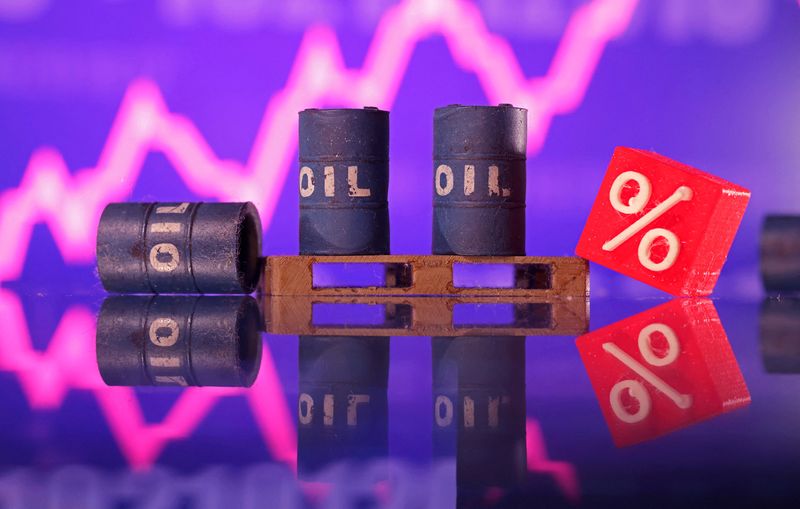
Hezbollah on Wednesday confirmed that senior commander Ibrahim Qubaisi was killed by Israeli airstrikes on the Lebanese capital as Israel announced earlier. Israel said Qubaisi headed the group’s missile and rocket force.
A hurricane threatening the U.S. Gulf Coast has changed course towards Florida and away oil and gas-producing areas near Texas, Louisiana and Mississippi.
This post is originally published on INVESTING.

